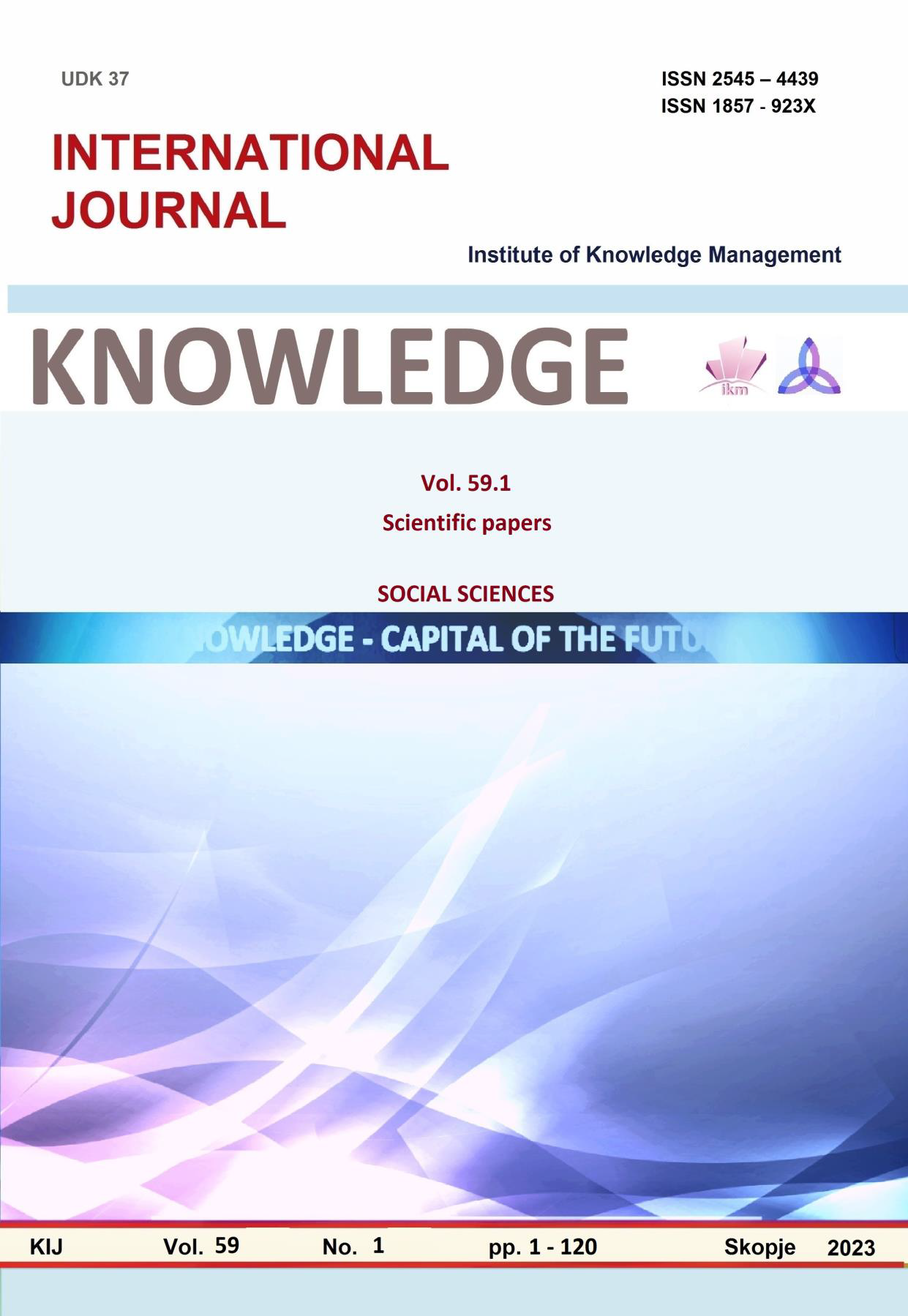HARMONIZATION OF TAX SYSTEMS IN THE EUROPEAN UNION
HARMONIZATION OF TAX SYSTEMS IN THE EUROPEAN UNION
Author(s): Ilir MurtezajSubject(s): Politics / Political Sciences, Politics, Economy, Supranational / Global Economy, EU-Approach / EU-Accession / EU-Development, Socio-Economic Research
Published by: Scientific Institute of Management and Knowledge
Keywords: Tax systems;harmonization;taxes;fees;directives;EU
Summary/Abstract: Throughout history, tax systems have differed from one another in many ways, including their historical, economic, and legal foundations. As a result, fiscal harmonization has emerged as an alternative approach to fiscal federalization of countries as compared to their national regulation. In countries with economic and fiscal disparities, as well as at the international level, fiscal differences have significant impacts on issues such as international trade, currency exchange rates, migration of people and capital, etc.Even though all economies of the EU member states are part of an economic integration, which is all expressed in the free movement of goods, services, capital and labour, as main economic principles and values of the European Union. Article 93 of the Treaty of Rome defines the ability for member states to have complete independence in the free development of tax policies, including the application of special types of taxes like direct and indirect taxes, despite being subject to certain tax harmonization measures undertaken by EU member states. The article states that: "The Council shall, acting unanimously on a proposal from the Commission and the Economic and Social Committee, adopt provisions for the harmonisation of legislation concerning turnover taxes, excise duties and other forms of indirect taxation to the extent that such harmonisation is necessary to ensure the establishment and the functioning of the internal market".
Journal: Knowledge - International Journal
- Issue Year: 59/2023
- Issue No: 1
- Page Range: 51-56
- Page Count: 6
- Language: English

